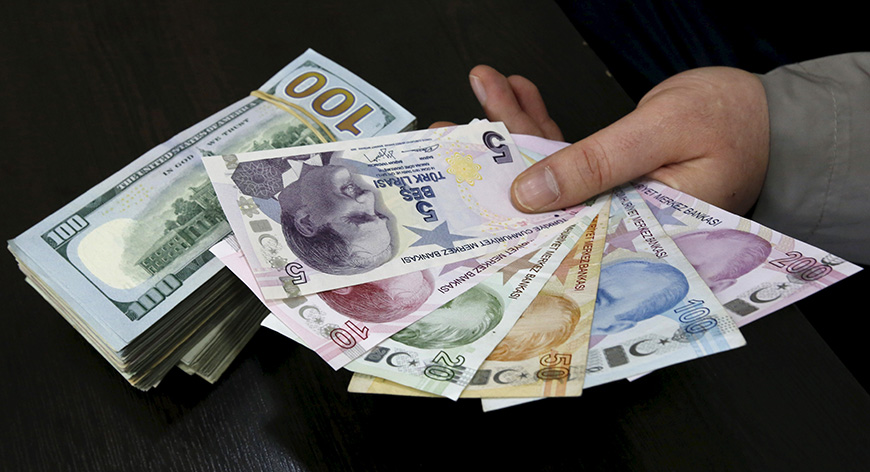- CBN Injects $250m in Forex Market
The Central Bank of Nigeria (CBN) Tuesday injected of another $250 million into various segments of the interbank foreign exchange market.
Figures obtained from the CBN indicated that the Retail Secondary Market Intervention Sales (SMIS) segment of the market received the highest intervention with a total of $100 million, small and medium scale enterprises (SMEs) window received a boost of $80 million while the invisibles segment, comprising Business/Personal Travel Allowances, school tuition, medicals, etc. was allocated the sum of $70 million to meet the demands of customers.
Confirming the figures, the Bank’s spokesman, Isaac Okorafor, noted with delight the recent Quarter 2, 2017 Report by the National Bureau of Statistics (NBS) which indicated that Nigeria has gotten out of recession and hinged part of this success to the regular intervention of the Bank in the forex market, to boost liquidity in the market, ensuring timely execution and settlement for eligible transactions and also make forex available to the real sector and industrial capacities, critical to the Nigerian economy.
The spokesman also reminded the public of the CBN Governor, Mr. Godwin Emefiele’s prediction few months ago that the Nigerian economy would be out of recession at the end of the third quarter, 2017, which is largely due to the monetary policy stance of the CBN. This has been confirmed by the NBS Report.
The Bank had last week injected a total of $547 million into the market.
Emefiele had predicted on 23rd May, 2017 that at the end of third quarter 2017, Nigeria would be out of recession. Emefiele had confidently underscored the possibility of the exit based on the obvious positive economic indices such as downward trending inflation rate, improvement in the GDP growth rate, noting that negative growth rate had decelerated quite significantly, coupled with improvement in the quantum of foreign exchange going to the real sector and industrial capacities.
In his prediction, Emefiele had said: “We’ve seen positive signs in various economic sectors, I am very confident that at the end of the third quarter, we will be out of this and I still hold that position”.
The development, coming at the heels of more stable exchange rate regime, coupled with declining inflation rate, from 16.10 per cent in June down to 16.05 per cent in July, 2017, it is believed that these factors will provide salutary macro-economic conditions for growth, as anchored on current monetary policy stance of the CBN.


 Forex3 weeks ago
Forex3 weeks ago


 Naira2 weeks ago
Naira2 weeks ago
 Billionaire Watch2 weeks ago
Billionaire Watch2 weeks ago




 Naira2 weeks ago
Naira2 weeks ago




 Naira2 weeks ago
Naira2 weeks ago




 Naira1 week ago
Naira1 week ago




 Naira3 weeks ago
Naira3 weeks ago




 Naira4 weeks ago
Naira4 weeks ago





















